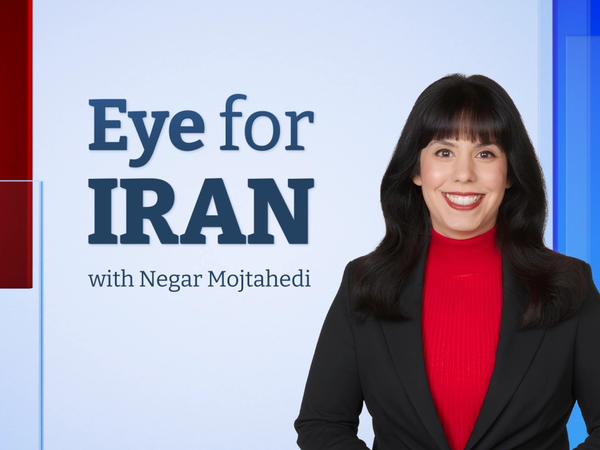Israel’s Prime Minister Benjamin Netanyahu called for a military alliance in the Middle East to counter Iran’s threat, but his proposal has no chance without the backing of the American administration, said one of Netanyahu's former advisors.
Speaking at the US Congress on Wednesday, the Israeli Prime Minister called for the creation of a regional anti-Iran alliance in the Middle East, which he termed the ‘Abraham Alliance.’ He envisions this alliance as an extension of the ‘Abraham Accords.’
The groundbreaking accords normalized diplomatic relations with Israel and various Arab states, including the UAE, Bahrain, Sudan and Morocco during the Trump administration.
Netanyahu’s proposed pact to “counter the growing Iranian threat” comes on the heels of Secretary of State Antony Blinken warning that Iran’s ‘one or two weeks’ away from producing enough fissile material to manufacture a nuclear weapon.
On this week’s episode of ‘Eye for Iran’, Alex Selsky with the Middle East Forum, a conservative think- tank, said the idea of the 'Abraham Alliance’ would come as welcome news to Israel’s Muslim neighbors despite the war against Hamas and the destruction in Gaza.
“I think it's necessary. I think it depends on the United States…If our Arab friends and neighbors see that America gives the necessary backup, they will join,” said Selsky, who previously advised the Israeli Prime Minister.
But when it comes to the war of public relations, how is Israel fairing? And can Israel push its anti-Iran government rhetoric with the backdrop of the war against Hamas.
This week’s episode also speaks to an Iranian American human rights advocate on President Joe Biden’s legacy on Iran after he made the historic decision to drop out of the US presidential election.
Sarah Raviani, a visiting fellow at the National Union for Democracy in Iran (NUFDI), said Biden will be remembered for appeasing the Iranian government.
“We saw the disastrous $6 billion ransom deal, which received a lot of backlash from our community. And I urge everyone to remember that these are all decisions that were made not only by President Biden, but with his vice president Kamala Harris,” said Raviani referring to release of five detained Americans in Tehran and an unknown number of Iranians imprisoned in the US after billions of dollars in frozen Iranian assets were transferred from banks in South Korea to Qatar.
Raviani said the Biden-Harris administration would “say all the right things” but wouldn’t implement practical action.
She revealed her own personal insight as an activist pushing to influence US policy towards Iran like the work she did with NUFDI and other advocates to push through the MAHSA Act, a bill that strengthens US sanction against Iran’s rulers.
The MAHSA Act is bipartisan piece of human rights and anti-terrorism legislation that was named after Mahsa Amini, a 22-year-old Iranian-Kurdish woman who died while under police custody.
But just how do Iranian-Americans feel about Vice President Kamala Harris? Find out more with this week's episode of 'Eye for Iran.'
You can watch the entire episode on Iran International's YouTubePage or listen to it on Spotify, Apple or Amazon.
